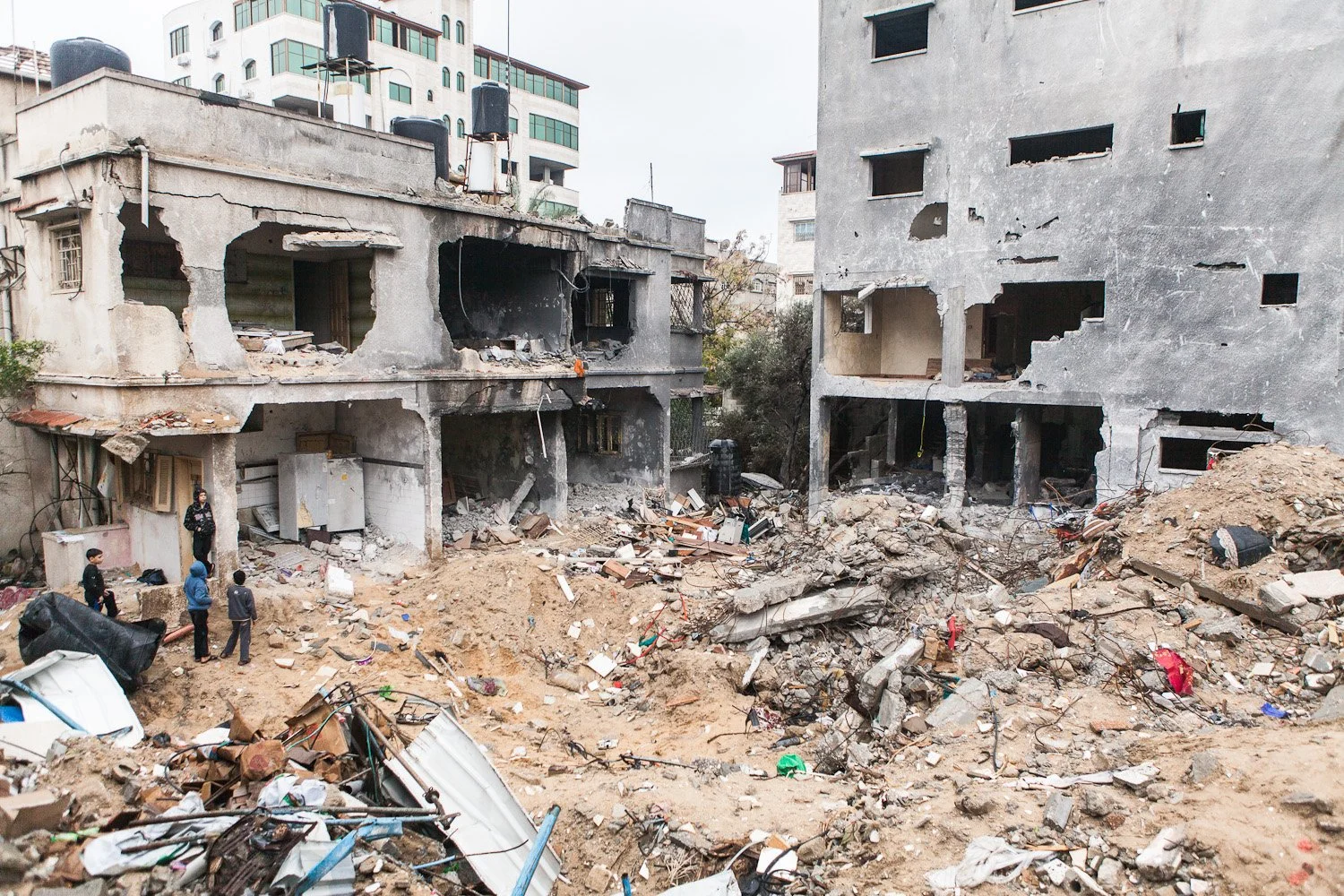An update on Israel-Gaza: the conflict explained
Photo Courtesy: Wikimedia Commons
Eyes are on Gaza as the renewal of conflict between the militant Islamist group Hamas and Israel enters its second week.
After Hamas launched rockets and stormed across the border, killing nearby Israeli residents, Israel retaliated with large-scale air strikes and blockades on food, fuel, electricity, and water supplies throughout Gaza. The Israeli energy ministry has reported that the water supply has been turned back on in parts of southern Gaza but aid workers in the region have not confirmed this.
Moreover, Israeli troops have amassed near the border in preparation for an imminent ground operation. Israel has called on residents of northern Gaza to evacuate, however, due to the lack of safe passage and the closing of Gaza’s two border crossings, many are trapped and defenceless.
As the situation aggravates, the British government is working to aid British nationals and dual citizens as their principal means of escape is by the southern Rafah crossing which was set to open on Monday. In terms of political response, both Rishi Sunak and Keir Starmer have released statements condemning antisemitism.
The number of lives lost in the conflict is estimated to be close to 3000, with thousands more wounded or abducted. Marches in London and UK cities in protest of the war and Israeli aggression have led to at least 15 arrests.
For students at UCL affected by the ongoing conflict, support is available from both the university and the Students’ Union.

